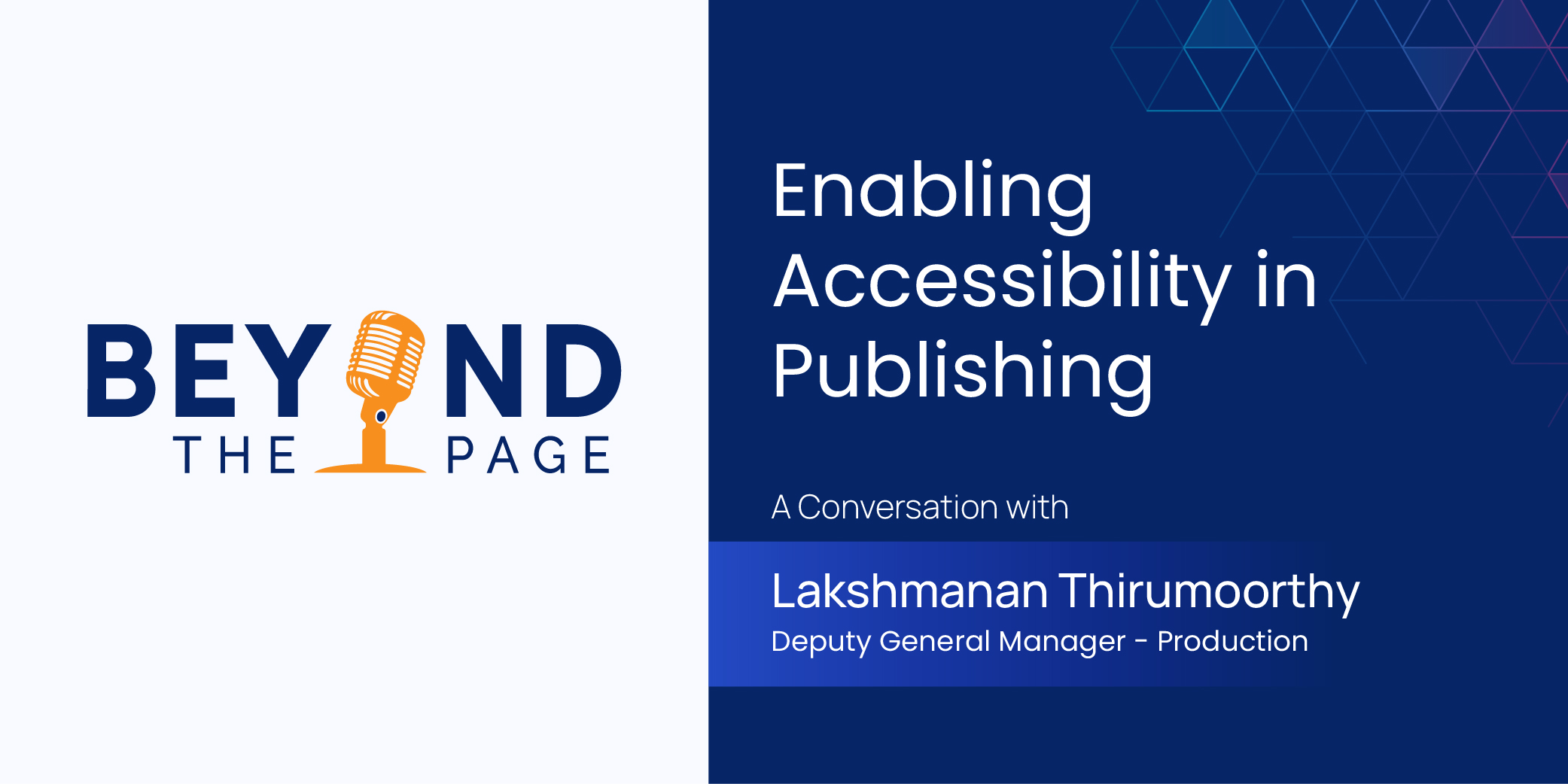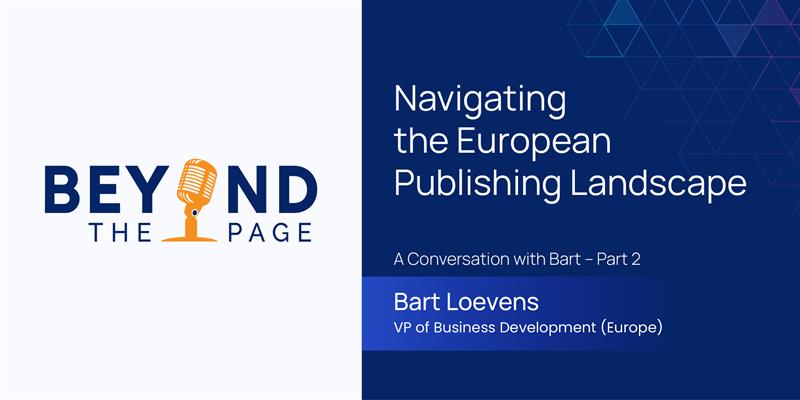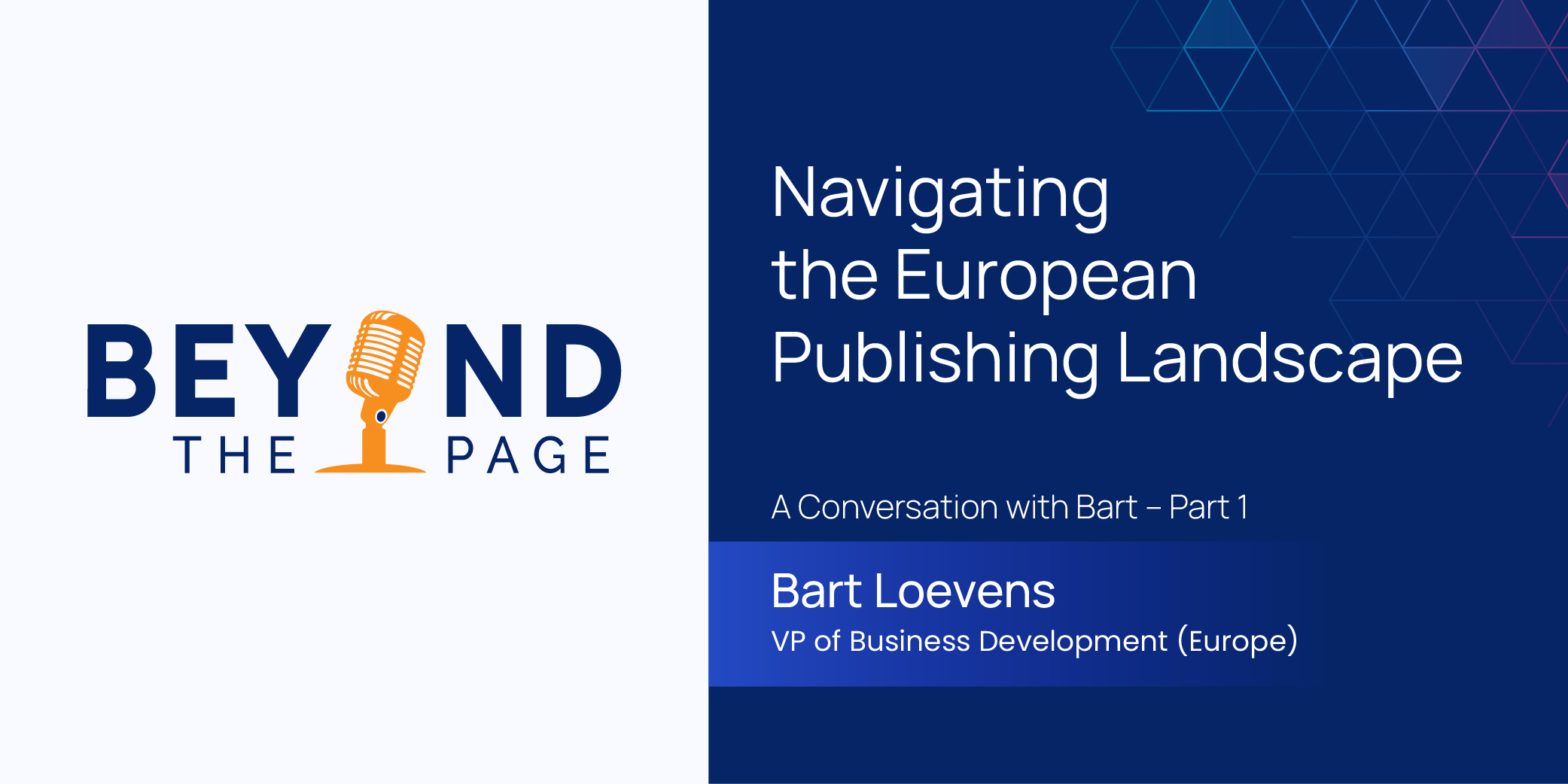Tailored for Success: The Evolution and Benefits of Personalized Learning

Importance of Personalized Learning
Personalized learning represents a significant shift in educational methods, focusing on the unique needs, strengths, and preferences of each learner. This approach, increasingly supported by adaptive learning technologies and customizable resources, offers a variety of benefits and addresses many challenges inherent in the traditional one-size-fits-all educational model.
A Brief History of the Evolution of Personalized Learning
The concept of personalized learning has evolved over centuries, becoming a fundamental aspect of contemporary education.
- Early Foundations (19th Century): Personalized learning emerged in the 19th century with the monitorial system in rural areas. Urban schools later developed age-graded systems to manage growing student populations. These systems, though efficient, overlooked individual learning speeds and needs.
- Mid-20th Century Developments: The 1960s and 1970s witnessed key advancements in personalized learning. The introduction of the Keller Plan and Lev Vygotsky’s Zone of Proximal Development theory highlighted the importance of learning at an individual pace. The Education for All Handicapped Children Act of 1975, later renamed the Individuals with Disabilities Education Act (IDEA), mandated personalized learning for students with disabilities.
- Late 20th Century – Early 21st Century in Europe and the UK: Europe and the UK began to embrace personalized learning in the late 20th century. Pioneers like Maria Montessori and Emmi Pikler championed individualized education methods. Around 2004, the UK formally integrated personalized learning strategies into its Department of Education’s approach, marking a shift from standardized to more structured, responsive teaching.
- Integration of Technology (21st Century): The early 2000s saw a technological leap in personalized learning. New York City’s “School of One” and digital advancements in the UK exemplified the integration of technology in individualized learning experiences, though this approach drew some criticism for its emphasis on assessment and target setting.
Benefits of Personalized Learning
Personalized learning aims to create engaging, relevant, and effective educational experiences. It adapts to each individual‘s learning style, pace, and interests, ensuring that educational content is directly applicable and meaningful.
- Engagement and Motivation: This approach increases student engagement by aligning learning with individual interests and real-world applications, thereby boosting motivation and relevance.
- Enhanced Confidence: Recognizing individual progress, personalized learning boosts learners’ confidence and self-esteem, encouraging ongoing learning and development.
- Real-World Relevance: Emphasizing the application of knowledge and skills in practical situations, this approach bridges the gap between education and real-world contexts.
- Increased Autonomy and Responsibility: Students gain more control over their learning, including goal setting and progress tracking, fostering independence and responsibility.
- Future Skill Development: Personalized learning equips individuals with essential skills like critical thinking, problem-solving, adaptability, collaboration, and effective communication, preparing them for future challenges.
Personalized Learning – Powered by AI
The integration of artificial intelligence (AI) in personalized learning is set to be a game-changer. AI algorithms can analyze extensive student data to create highly customized educational content. This technological evolution promises more efficient, engaging, and effective personalized learning experiences.
Adaptive learning technologies, driven by AI, play a crucial role in this process. They analyze student performance data to tailor educational content, enhancing learning experiences. This technology is especially beneficial in homeschooling environments, allowing for curriculum customization. AI-driven tools, such as learning analytics, provide insights into student performance, aiding educators in making informed decisions and adjusting curricula as needed.
Student-centric Future
The shift towards personalized learning paths marks a significant evolution in education, recognizing and catering to the diversity of learner needs and preferences. By leveraging adaptive technologies and customizable resources, educators can create more effective, engaging, and relevant learning experiences. This approach not only improves individual learning outcomes but also prepares learners for the challenges of a rapidly changing world. As these technologies continue to evolve, the potential for even more refined and effective personalized educational experiences grows, promising a future where each learner’s potential is fully realized.
News & Insights

Enabling Accessibility in Scholarly Publishing – A Conversation with Lakshmanan Thirumoorthy

Navigating the European Publishing Landscape – A Conversation with Bart – Part 2

